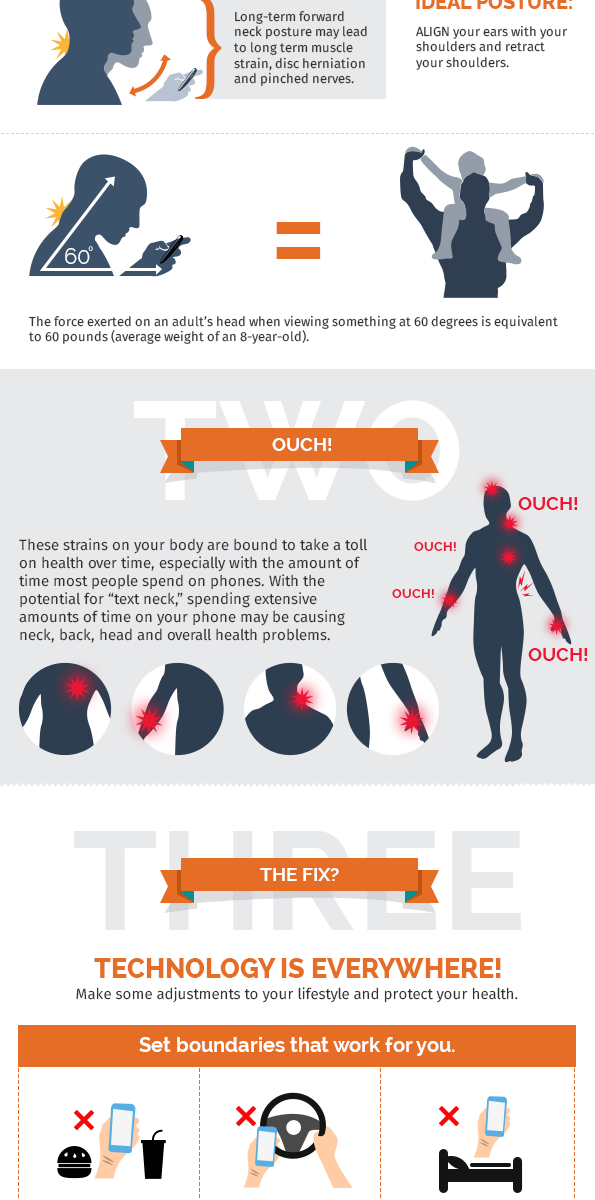“A man too busy to take care of his health is like a mechanic too busy to take care of his tools.”
~ Spanish Proverb
Trust us, we’ve heard it all.
Everyone has their reasons why they do or do not visit their doctor, dentist, optometrist and of course, chiropractor.
Here’s a compilation of some common excuses we hear and something to think about before you decide if chiropractic care is right for you.
| Common Excuses | Think About It |
| I’m too busy. | Make your health a priority; you deserve it. A five-minute visit might just make a difference. |
| I can’t afford it. | Look at your health as an investment, and talk to us about ways we can help make care affordable and attainable. |
| You can’t help with my issue. | You’ll never know unless you try. You might be surprised to learn just how much chiropractic care may help. |
| I’m nervous about being adjusted. | We’ll demonstrate just how gentle an adjustment can be and let you talk to patients that have benefited. |
| It didn’t work for my friend. | Let’s not compare apples to oranges; everyone responds differently to chiropractic care. |
| I take painkillers and it’s fine. | Give the natural approach a try. Painkillers mask your pain and may cause long-term damage to your body. |
| I had a bad experience once. | It happens sometimes. Let us show you how the care we provide is safe, effective and different. |
If there’s a way we can help, let us!
We’ve dedicated our lives to helping people. Give us a call today and let’s set up a time to work through your personal concerns. We want to answer any questions about chiropractic care that you might have.






